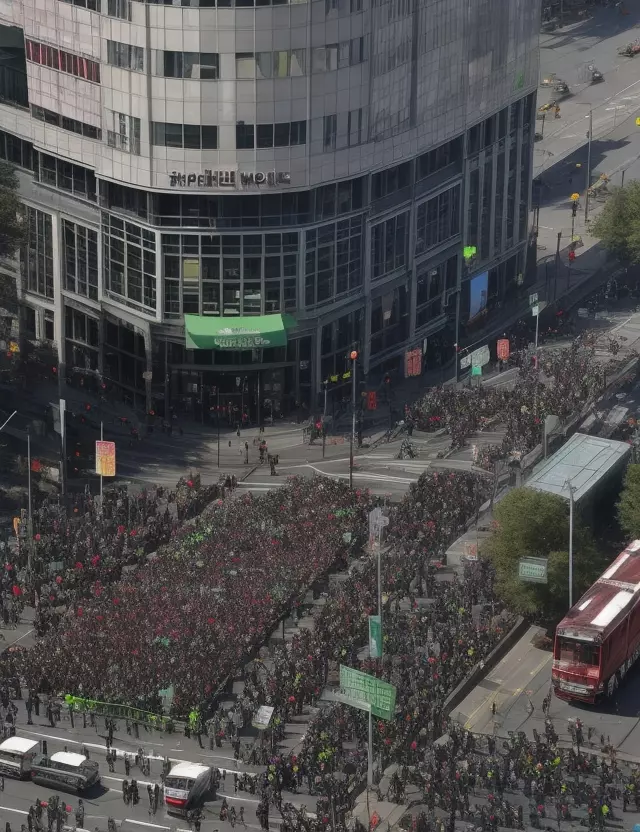Battle of Seattle: Protests Against the World Trade Organization (1999)
Significant Disruptions and Demonstrations

Introduction
On November 30, 1999, Seattle, Washington, became the epicenter of global attention as protests against the World Trade Organization (WTO) erupted into what became known as the 'Battle of Seattle.' This historic event witnessed significant disruptions and demonstrations, sparking conversations about trade policies, activism, and the role of international organizations. Explore the events that transpired, the motivations behind the protests, and the enduring impact of the Battle of Seattle on global trade and activism.
The Motivations Behind the Protests
The protests against the WTO during the Battle of Seattle were fueled by a range of concerns and grievances. Activists, environmentalists, labor groups, and advocates for global justice converged to express their opposition to what they perceived as undemocratic decision-making processes within the WTO, environmental degradation resulting from globalization, and the impact of trade policies on workers' rights.
Significant Disruptions
The demonstrations in Seattle led to significant disruptions, with protesters employing various tactics to voice their concerns. Blockades, marches, and clashes with law enforcement characterized the scenes in the streets. The intensity of the protests garnered widespread attention and brought issues related to global trade to the forefront of public discourse.
Impact on Global Trade and Activism
The Battle of Seattle had a profound impact on discussions about global trade and activism. It highlighted the growing discontent with the perceived lack of transparency and inclusivity in international trade negotiations. The event spurred increased scrutiny of the role of multinational corporations and trade organizations in shaping global economic policies.
Resonance in Ongoing Discussions
Reflecting on the Battle of Seattle remains relevant in contemporary discussions about trade policies, economic justice, and activism. The event marked a turning point in the engagement between civil society and international trade institutions, influencing subsequent protests and shaping the discourse around globalization and its consequences.
As we revisit the events of the Battle of Seattle on November 30, 1999, we recognize its significance as a moment when concerns about global trade policies converged into a powerful expression of activism. The echoes of the Battle of Seattle continue to reverberate in ongoing discussions about trade, activism, and the pursuit of a more just and equitable global economic order.



